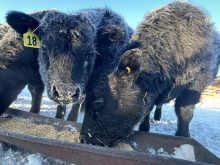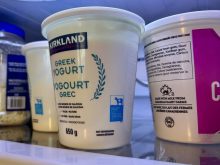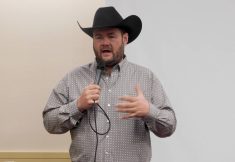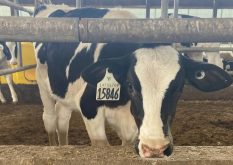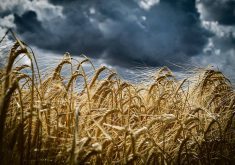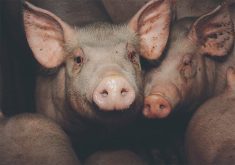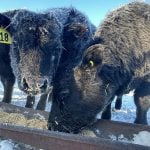Global demand for beef is growing and JBS wants producers in Western Canada to help meet it, says a senior company official.
“Producers are responding but not fast enough to meet the demand,” Dave Kasko, vice-president of operations for JBS Food Canada said at the recent International Livestock Congress.
The Brazilian multinational has introduced a new IT system at the former XL Foods facility in Brooks and has the ability to sell beef processed from that plant around the world, he said.
“The really neat part about it… is the fact that regardless of where a salesman sits now… they can see product availability that’s produced in that plant.”
Read Also
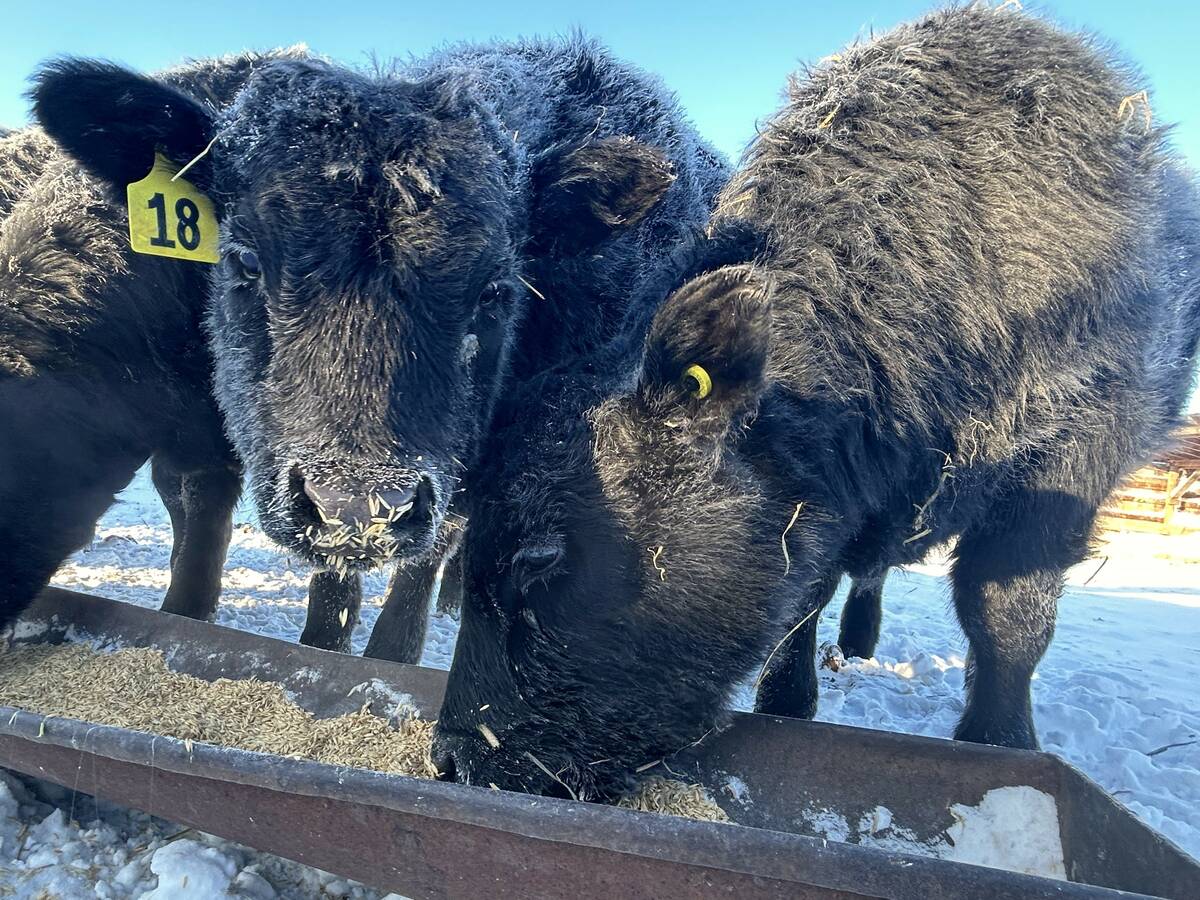
CCIA prepares to make traceability transition
The Canadian Cattle Identification Agency may not be proposing regulatory changes for traceability, but it’s the one delivering the program.
The Brooks plant is also about to start producing JBS-branded product lines and that will further increase the capacity for exports, he said.
But low cattle herd numbers have created excess capacity at North American feedlots and packing plants and that is “putting quite a squeeze on multiple sectors of this industry,” he said.
Increasing pounds on the carcass has helped delay some of the issues around declining inventory.
“What we’ve been able to do is offset some of those numbers with a larger-type carcass,” said Kasko. “So we’ve been able to maintain a balance to a certain point.”


